The character of a person is perceived by the language she/he speaks, by her/ his choice of words. Pratima highlights the shift from gendered to gender-inclusive language, in this column, exclusively for Different Truths.
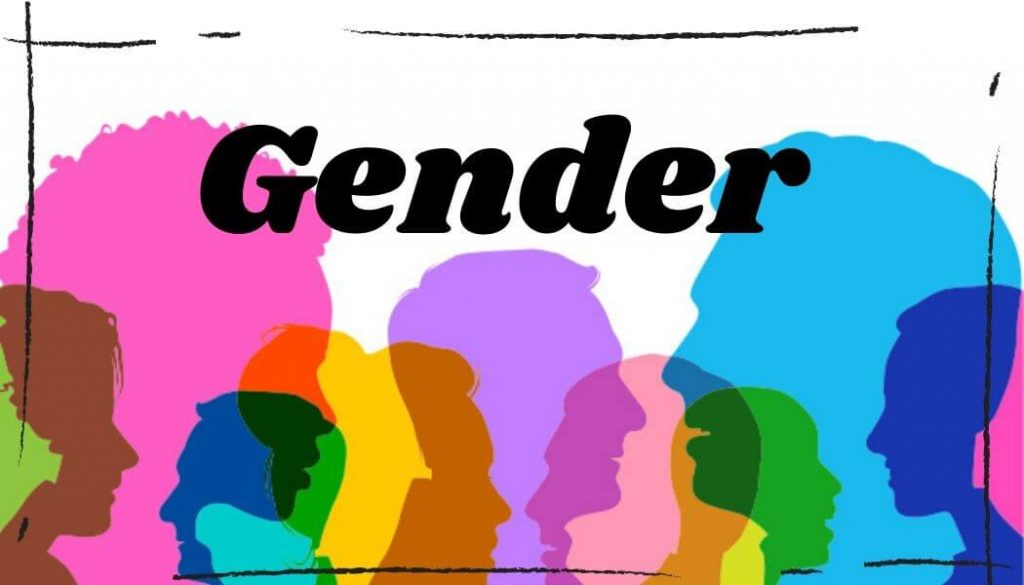
The Bible says, “In the beginning ‘was the Word and the Word was with God and the Word was God.” (John 1:1) Words have been accorded a divine status; perhaps they are a projection of some penultimate reality, which can be achieved only through human thought and human language. The character of a person is perceived by the language she/he speaks, by her/ his choice of words. Language forms the basis of any civilisation, culture, religion, education and to use an all-encompassing term, life itself. Day-to-day experiences and thoughts are shaped, described and projected through the astounding panorama of words.
Language forms the basis of any civilisation, culture, religion, education and to use an all-encompassing term, life itself. Day-to-day experiences and thoughts are shaped, described and projected through the astounding panorama of words.
But these very words, which are a projection of our life are to be blamed for accentuating the marginalisation of women in a world ruled by patriarchy. The language that we learn, unconsciously, is essentially patriarchal. When I took a class as a teacher for the very first time, I unconsciously used sentences such as, “A student and his intelligence level…” and also, “The reader and his erudition…”. The class comprised of both boys and girls and while I was speaking those sentences with patriarchal usage, which were drilled into my psyche ever since I was born, my eyes met a girl student. She was equally oblivious of the gendered language I was using and I suddenly realised how I was validating the framework of a patriarchal language for her and for other students. Thereafter, I started using a gender-neutral language, while teaching and also otherwise.
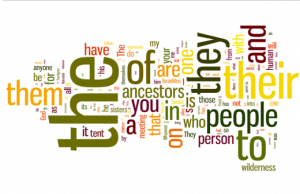
Living in a world where all humans are described under the umbrella term “mankind” –where the “Chairman” is always assumed to be a man, where the neuter gender student/reader/ child is casually addressed as a male with the usage of pronouns like “he”, “his”, “him”– makes the women see the world as an alien land where they have no place, or rather see themselves as aliens in a man’s world. Thankfully, the current English language has modified its usage and has become more gender-inclusive. Nouns ending with “–man” are now substituted with other gender-neuter words. “Person” or “individual” has replaced man, “people”, “human beings” and “humanity” have replaced mankind, “the average person” is used more instead of the common man, “police officer” instead of policeman and so on. This brings a sense of relief to a swelling number of women, who are in quest of their identity in a man’s world.
Another glaring example of gendered language is in the way the titles, “Mr.”, “Miss” and “Mrs.” are used. While “Mr.” does not reveal any man’s marital status, “Miss” and “Mrs.” pertain exactly with that. The prioritisation of marriage in the life of a woman defining her identity is clearly brought out by the usage of the titles “Miss” and “Mrs.”
Another glaring example of gendered language is in the way the titles, “Mr.”, “Miss” and “Mrs.” are used. While “Mr.” does not reveal any man’s marital status, “Miss” and “Mrs.” pertain exactly with that. The prioritisation of marriage in the life of a woman defining her identity is clearly brought out by the usage of the titles “Miss” and “Mrs.” In the academic world, one is amazed to see so many highly educated women holding a doctoral degree writing their names as Dr. (Mrs.) X. It is unfortunate to know that many educated women do not wish to relinquish a title that unnecessarily reveals their marital status and which is utterly meaningless in a professional world. A simple alternative for the title of a woman is “Ms.”, which is “marriage neutral”, that is to say, does not define her marital status.
The English language is replete with such glaring examples of gendered language. The women have to retrieve their identity from the intricate web of the man-made language, reclaim it and make it their own. With the increasing empowerment of women, it is now time the world should seek for a gender-neutral and a gender-inclusive language.
Photo from the Internet

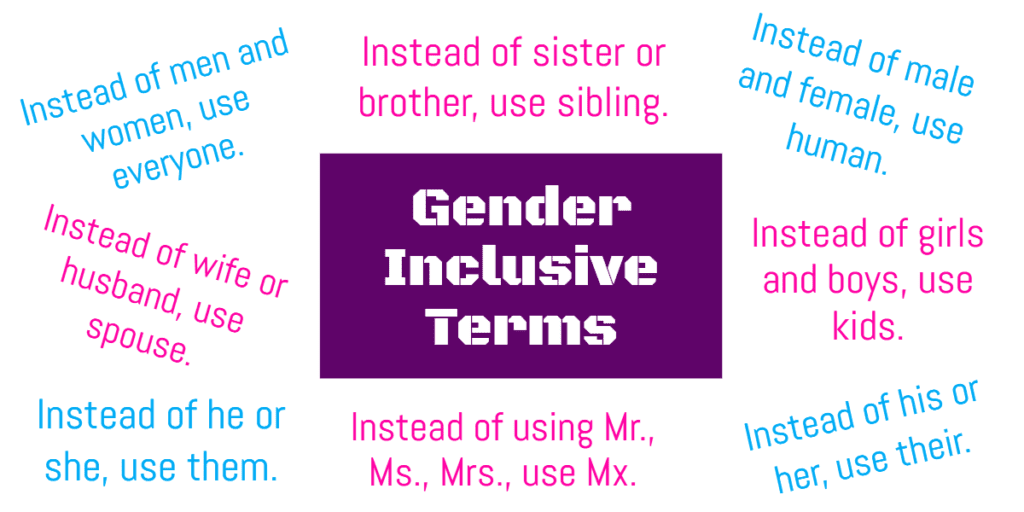



 By
By
 By
By
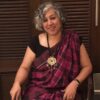 By
By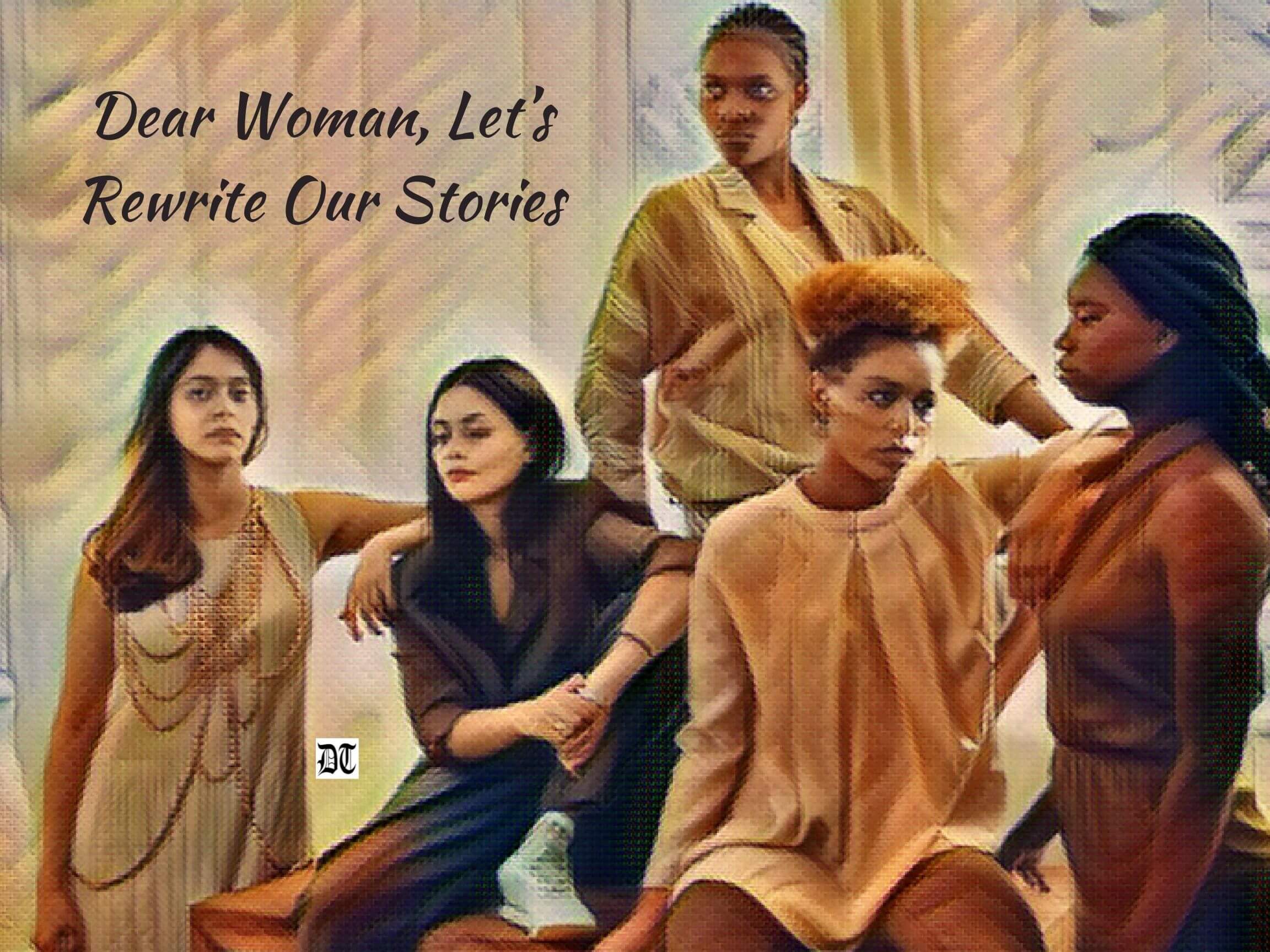
 By
By